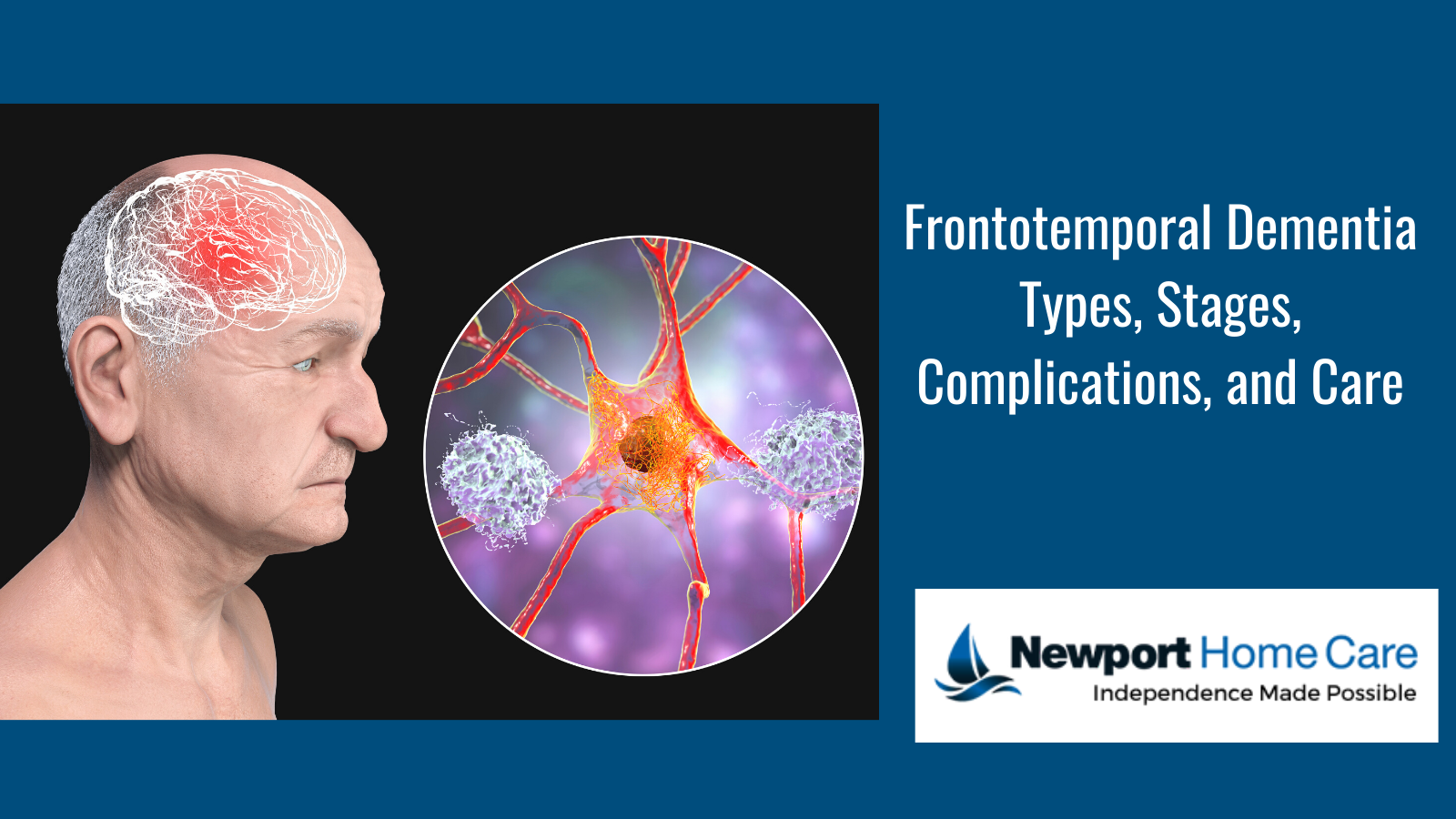


A very common cause of dementia among people over 65 is frontotemporal dementia (FTD). FTD includes damage to the brain's temporal area (i.e., front and side) and causes dementia. This article provides a comprehensive guide into FTD, its symptoms, and tips on caring for FTD patients.
This variant may cause:
Later in the disease, the patient can also develop memory problems. Moreover, the aging parents will also be unaware of their unusual behavior, making it difficult for the caregiver to help them.
This variant can be further divided into semantic aphasia or progressive, non-fluent aphasia. In semantic dementia, the person may experience difficulty recognizing familiar objects and faces and understanding single words. Even though their speech may be pretty fluent, it won’t make sense to the listener. Memory can also deteriorate in this type of disease.
In contrast, in progressive, non-fluent aphasia, the patient will experience difficulty generating speech. They often generate jumbled words and experience difficulty comprehending complex sentences. They also become unable to name objects.
Around 60% of FTD patients have the behavioral variant, and about 40% face the language variant. Sometimes, a person may suffer from both.
The leading cause of FTD seems to be the degeneration of the brain cells in the frontal and temporal lobes caused by damage from proteins gathering in those regions.
Often, it is not clear why a person develops this condition. However, it has been observed to run in families. It’s been observed that about 40% of FTD patients have a family member with the disease as well. Thyroid diseases and head injuries are also significant risk factors.
The symptoms of FTD can vary between individuals and can also depend on the subtype they experience. Typically, this condition can disturb the behavior, language, or both.
In the later stages, the condition will start to affect memory.
See Also: Dementia Home Care, Cost and Financial Assistance for Seniors
At times despite your best intentions, you might not be able to adequately care for your elderly loved one who has FTD. In such situations, it is best to seek professional help to enable you to care for your loved one. Getting in-home care to support a loved one suffering from FTD can help you care for your loved one while enabling them to stay in their home environment.
If you have aging parents suffering from frontotemporal dementia, Newport Home Care can help as we offer in-home caregiving. Schedule an appointment with us today, and we can create a care plan for your loved one based on your requirements.